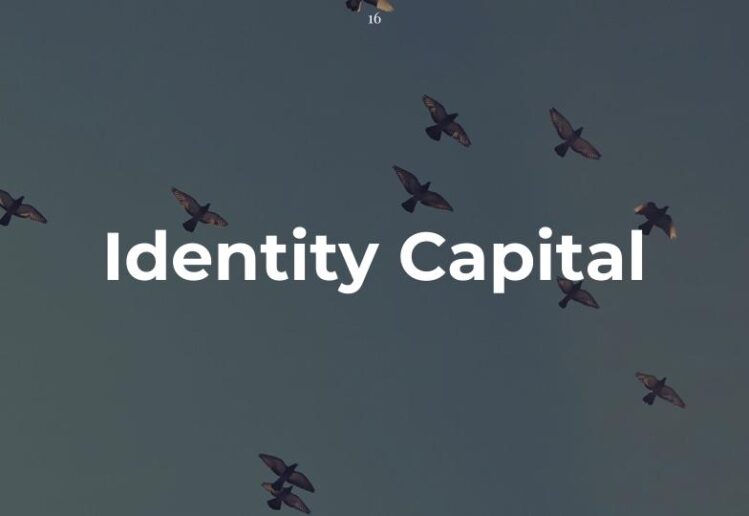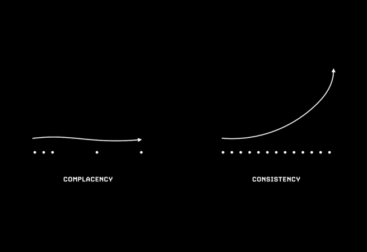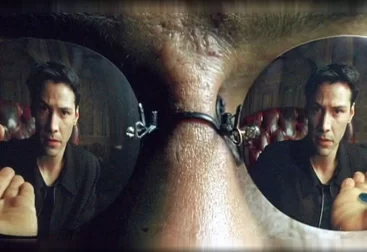“ Identity capital is how we build ourselves — bit by bit, over time.” — Meg Jay
We often hear the word ‘capital’ thrown around in reference to finance and investing. Most young people in University or at the beginning of their careers are unlikely to have much of this type of capital. However, we can start building another type: identity capital.
Identity capital is our unique collection of abilities and experiences. It is a result of the investments we make in ourselves and it becomes part of who we are.
Investment is another word with financial connotations. People are always trying to find the next Tesla or Bitcoin which will give them outsized returns. We tend to forget that the most profitable investment we can make is in ourselves. When you upskill yourself, you dramatically increase your earning potential. For example, I’m a self-taught software engineer. The course I used to start my coding journey was Angela Yu’s 100 Days of Code which currently costs a grand total of £11. That’s some serious RoI!
The idea of Identity capital comes from the book The Defining Decade by psychologist Dr Meg Jay. It’s what we bring to the adult marketplace the currency we use to buy jobs, relationships and other things we desire.
Identity capital can be tangible or intangible. Tangible capital is what we can point to such as a degree, a position or a job we’ve held. Intangible items are personality traits: your problem-solving ability, mindset confidence and leadership, etc.
Your twenties can be the most thrilling yet frustrating years of your life. Some days you feel like the world is at your feet, other days you feel lost and anxious about the future. Many people see their early twenties as a throwaway period, one where they can explore different paths without consequences. Although this is true to an extent, this exploration must be done in a mindful way. Those who use this time to build strong identities usually enjoy greater success in their lives and careers. By defining their own version of success (whether that’s becoming a Shaolin monk or a Fortune 500 CEO), these people are far more likely to achieve what they want out of life.
Doing the following 3 things will help you build the capital you need to get your dream job.
1. Start Building Better/Healthier habits
“We are what we repeatedly do. Excellence, then, is not an act, but a habit.” — Aristotle
The things we do every day compound into the person we become. We mistakenly believe that change is only meaningful if there is some large, visible outcome associated with it. Whether it’s turning our passion into a business or losing enough weight to fit into those old jeans, we often pressure ourselves to get some dramatic results. Due to rapid advances in technology, or a decline in our attention span (or both), our societies have become obsessed with getting quick results.
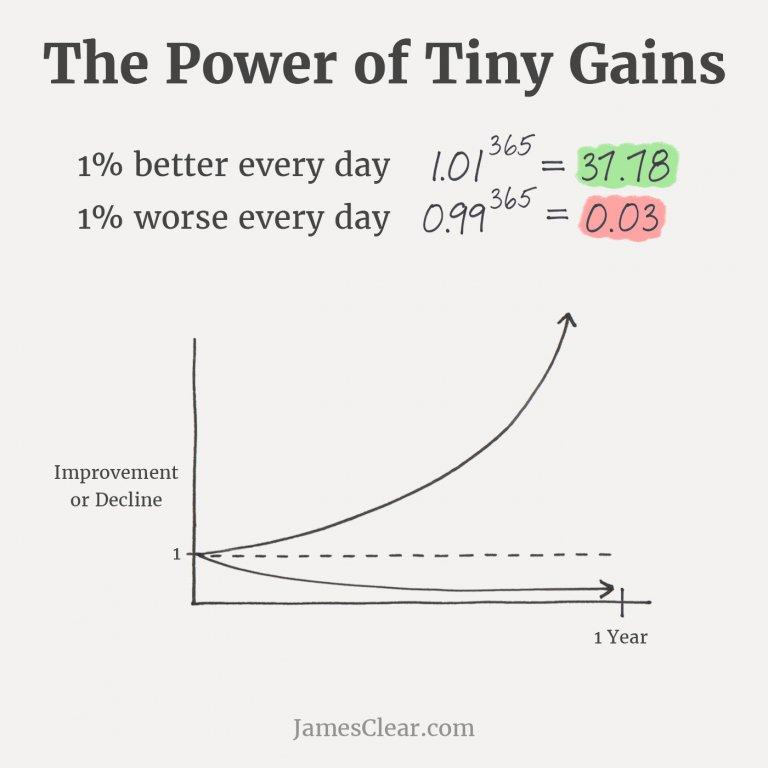
Small improvements barely seem to register these days but can be just as meaningful in the long term. Author James Clear explains the mathematics of “1% better” in his best-seller, Atomic Habits. Here’s how the math works out: if you can get 1% better each day for one year, you’ll end up thirty-seven times better by the time you’re done. In contrast, if you get 1% worse each day for one year, you’ll decline nearly down to zero.
The most important habits to start improving immediately are the ones that relate to health. Getting enough sleep, exercising and a balanced diet will transform your life. Despite what modern-day hustle culture says, having these 3 pillars in order will put you in the best physical and mental state to excel in whatever you choose to pursue.
2. Start Reading
“Read what you love until you love to read.” — Naval Ravikant
I’ve found reading to be one of the most transformative habits in my own life. I’ve always loved learning but I used to only use videos and podcasts to get new ideas. Although these are great mediums for consuming educational content, they pale in comparison to books. Writing a book takes far more time and focus than a video or podcast. A good author will have agonized over every sentence in their book long before it gets into your hands. For this reason, the information tends to be of far higher quality. We also have to exert ourselves more when reading, this has several benefits including remembering more of what you learn, a better vocabulary and improved attention span.
The goal is to become a T-shaped person; a person who has deep knowledge in one area and a broad base of general supporting knowledge. Reading books relevant to your field will help you become an expert while reading will make you well-rounded. You don’t have to memorise everything, just like the food you eat, the books you read become a part of you.
3. Get Hands-on
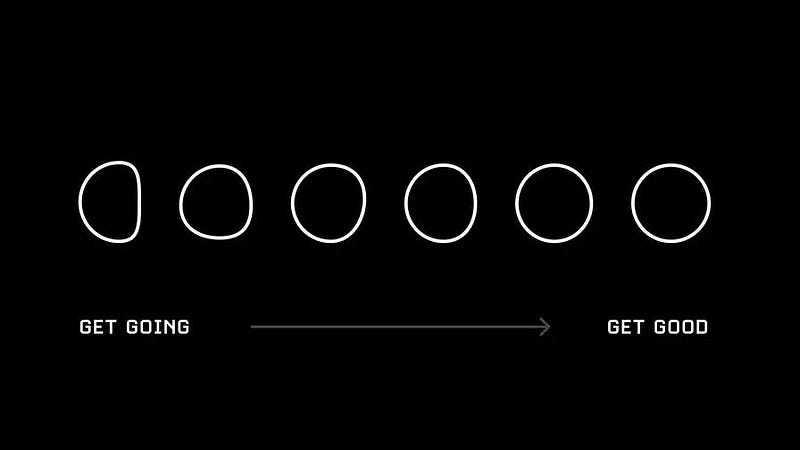
The best form of identity capital is experience. The most effective way to improve any skill is by simply doing it over and over. If you’re looking for a creative career, the “Permissionless Apprentice” is a brilliant framework to fast-track your progress.
Young people seek mentoring or coaching to help guide their careers. Mentoring is where we ask someone more esteemed than us to help us for free while coaching is where we pay someone to help us. An apprenticeship is when you help a person who knows more than you in order to learn from them for free.
The permissionless apprentice learns a trade by doing work for an established person in the field. The idea is that the person will be so pleased with the initiative that they will compensate them in some way.
The internet has made this easier than ever! If you want to become a writer for a certain publication, write some articles in their style and give them to the publication for free. If you want to become a UX designer — redesign someone’s website and share it with them. Doing this builds your skills, and your network and it also gives you a portfolio you can show potential clients in the future. You can’t lose!

